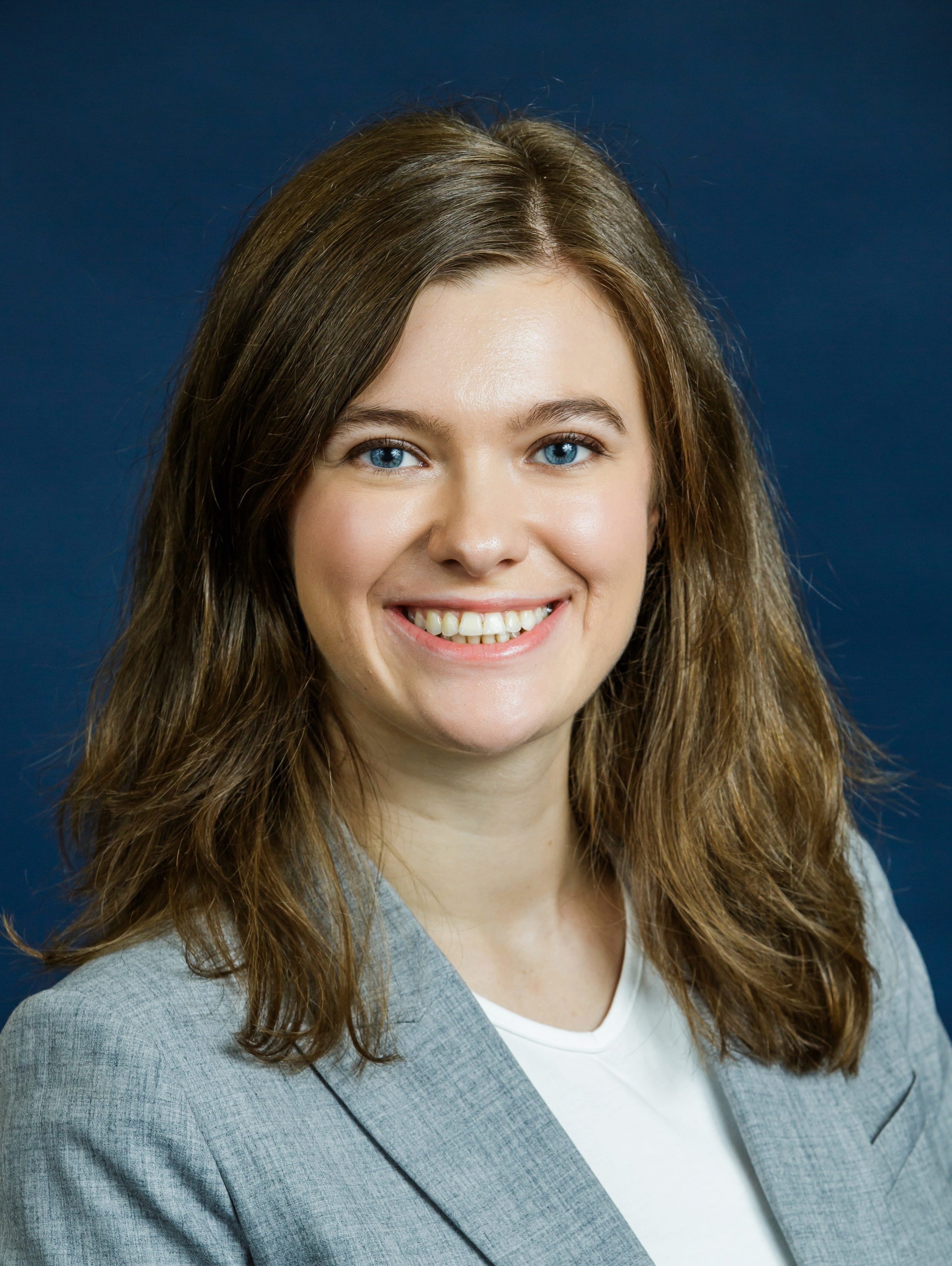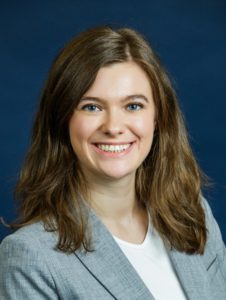
- This event has passed.
Ozge Yapar – Bayesian Sequential Learning for Clinical Trials of Multiple Correlated Medical Interventions
January 28, 2019 @ 1:00 pm - 2:30 pm

 Abstract: We integrate emerging trends intended to improve clinical trial design: design for cost-effectiveness, which ensures health-economic improvement of a new intervention over the current standard intervention; adaptive design, which dynamically adjusts the sample size and allocation of patients to different interventions; and multi-arm trial design, which compares multiple interventions simultaneously. Our goal is to identify a sequential sampling policy that dynamically decides the interventions to which patients should be allocated, as well as when to stop patient recruitment, in order to maximize the expected population-level benefit minus the cost of the trial. The literature on sequential sampling develops indices that either accommodate correlation among the mean rewards of alternatives or are based on optimal stopping times that can dynamically change as samples are taken, but not both. We develop the first tractable allocation and stopping rules whose indices capture both correlation and dynamic stopping times, and our numerical experiments demonstrate the value of considering both problem elements in the context of clinical trials.
Abstract: We integrate emerging trends intended to improve clinical trial design: design for cost-effectiveness, which ensures health-economic improvement of a new intervention over the current standard intervention; adaptive design, which dynamically adjusts the sample size and allocation of patients to different interventions; and multi-arm trial design, which compares multiple interventions simultaneously. Our goal is to identify a sequential sampling policy that dynamically decides the interventions to which patients should be allocated, as well as when to stop patient recruitment, in order to maximize the expected population-level benefit minus the cost of the trial. The literature on sequential sampling develops indices that either accommodate correlation among the mean rewards of alternatives or are based on optimal stopping times that can dynamically change as samples are taken, but not both. We develop the first tractable allocation and stopping rules whose indices capture both correlation and dynamic stopping times, and our numerical experiments demonstrate the value of considering both problem elements in the context of clinical trials.
Bio: Ozge Yapar is a Ph.D. candidate in the Operations, Information, and Decisions (OID) Department of the Wharton School of the University of Pennsylvania. Her research focuses on healthcare operations management, specifically on the process of developing and marketing new medical treatments. A focus of her work has been the growing pressure that healthcare payers, public health regulators, and the companies that develop new treatments face as they address increases in healthcare spending and seek to bring novel medical treatments to the market as quickly as possible. She uses tools from applied probability, stochastic processes, simulation optimization, and health economics.
In a recently completed work, she addresses the spiraling costs of clinical trials by developing an adaptive trial design that considers the value of multiple correlated alternatives. Her current work analyzes pharmaceutical risk-sharing contracts in which a medical treatment’s price can be updated to reflect what is learned about its performance after it has entered the market and is used by the general population.
Ozge earned her Bachelor of Science degree in Industrial Engineering from Bilkent University in Turkey, and she spent her third year of undergrad studying in Industrial Engineering and Operations Research Department of the University of California Berkeley as a visiting student.